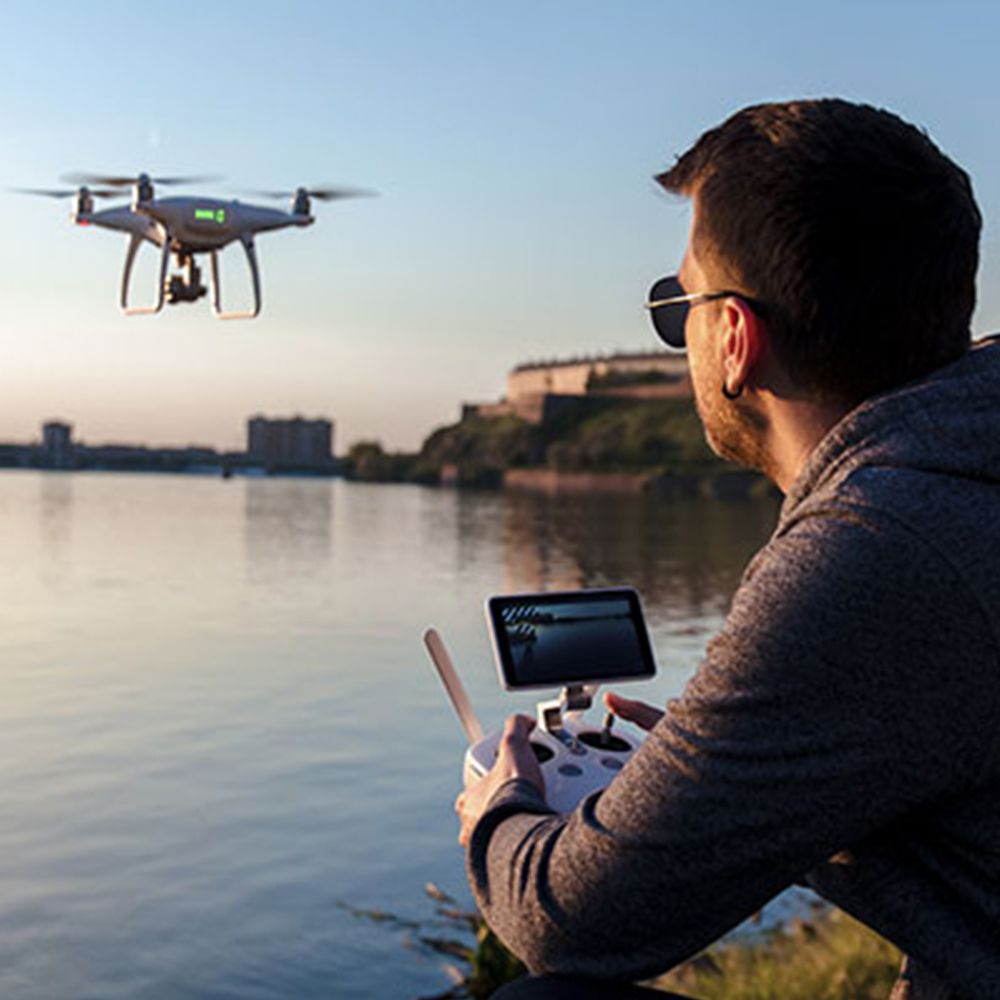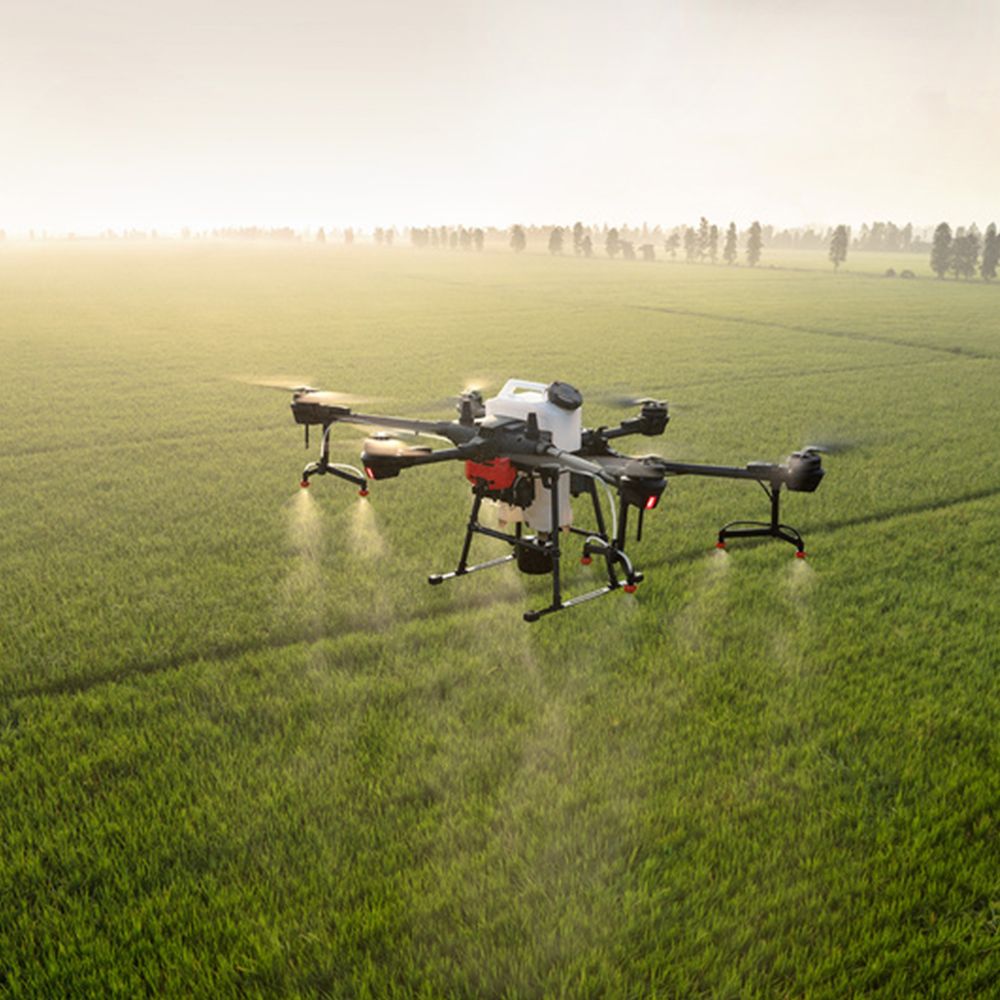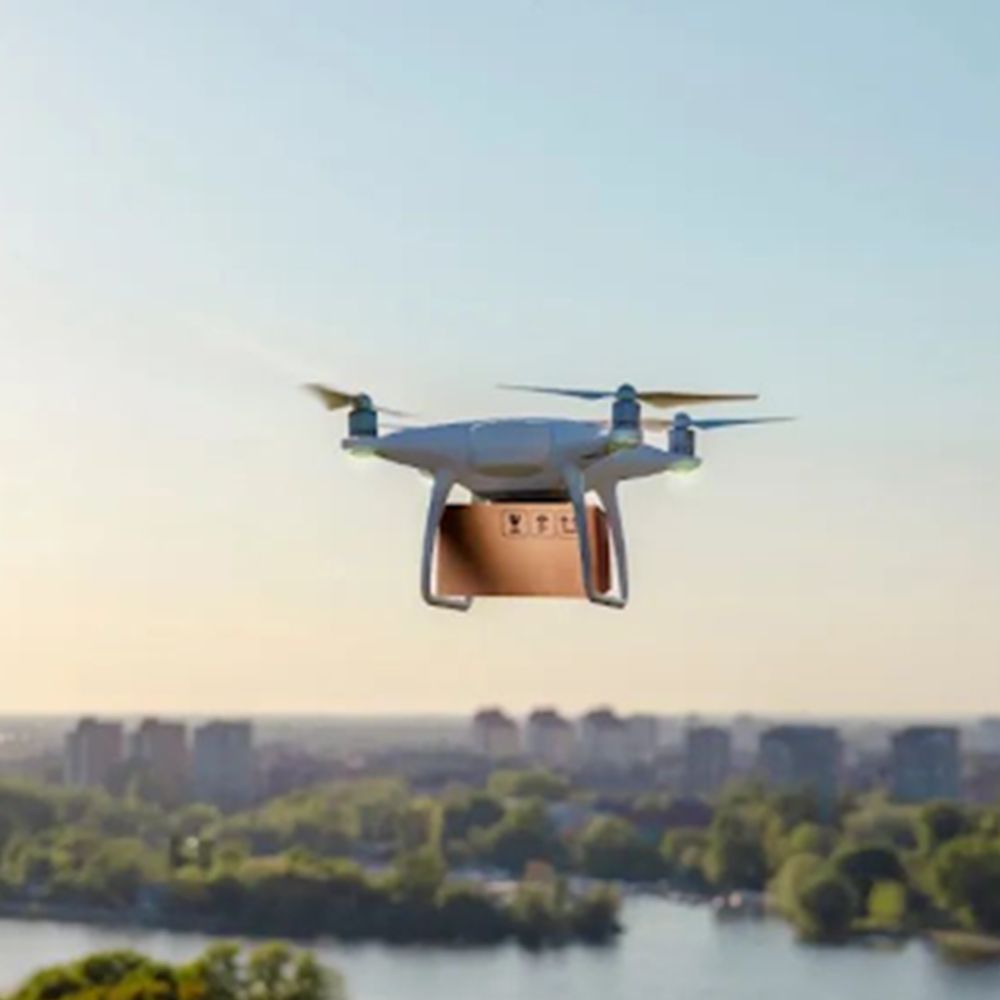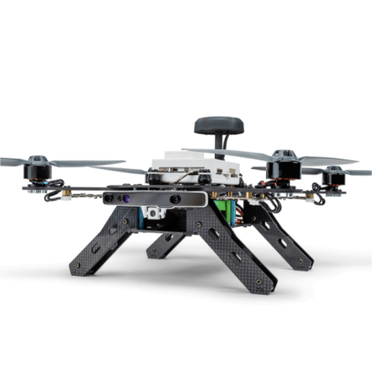Introduction
Drones have revolutionized the world of photography and filmmaking, providing stunning aerial perspectives that were once impossible to capture. Whether you’re a beginner or an experienced photographer, mastering drone techniques can take your visual content to the next level. This guide will cover essential tips and techniques to help you get the best shots with your aerial photography drone.

1. Understanding Your Drone’s Capabilities
Before you start shooting, familiarize yourself with your drone’s specifications and features. Key aspects like camera resolution, frame rate, gimbal stability, and flight time can significantly impact your shooting experience. Study your drone’s manual and practice basic maneuvers to ensure you’re comfortable controlling it.
2. Planning Your Shots
Good planning is crucial for successful drone photography and filming. Start by scouting locations and checking for any restrictions, such as no-fly zones. Use apps like Google Earth or drone-specific software to visualize your shots beforehand. Plan your flight path to optimize battery usage and minimize time spent repositioning your drone.
3. Camera Settings for Optimal Results
Adjust your drone’s camera settings to match the environment and lighting conditions. For still photos, use manual settings to control ISO, shutter speed, and aperture for the best results. For video, choose the correct resolution and frame rate based on the desired outcome. A higher frame rate, like 60 fps, is ideal for smooth slow-motion footage, while 24 fps provides a cinematic feel.
4. Mastering Flight Techniques
Smooth and controlled movements are key to capturing professional-looking shots. Practice basic flight maneuvers, such as hovering, panning, and tracking, to gain confidence. Incorporate techniques like the “orbit” or “dolly zoom” to add dynamic motion to your shots. Always fly with caution, especially in tight or obstacle-filled areas.
5. Editing Your Footage
Post-production is where your footage truly comes to life. Use editing software to enhance colors, stabilize shaky clips, and trim unwanted parts. For photos, consider using software like Adobe Lightroom for advanced editing capabilities, such as adjusting exposure, contrast, and sharpness.
Conclusion
With the right techniques and a bit of practice, drone photography and filmmaking can become a powerful tool in your creative arsenal. By understanding your equipment, planning your shots, and mastering your flight techniques, you can capture breathtaking aerial visuals that tell a compelling story.





